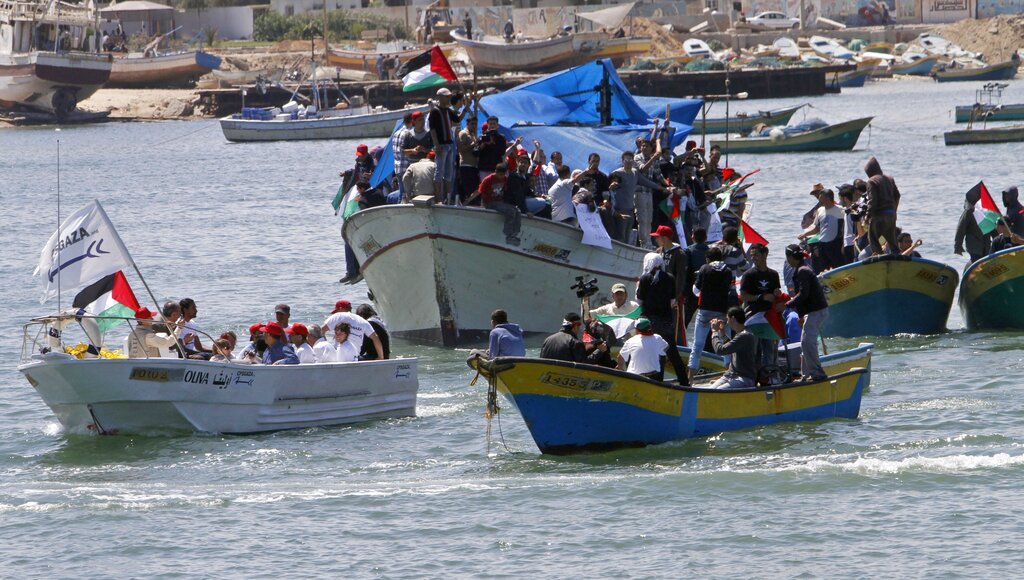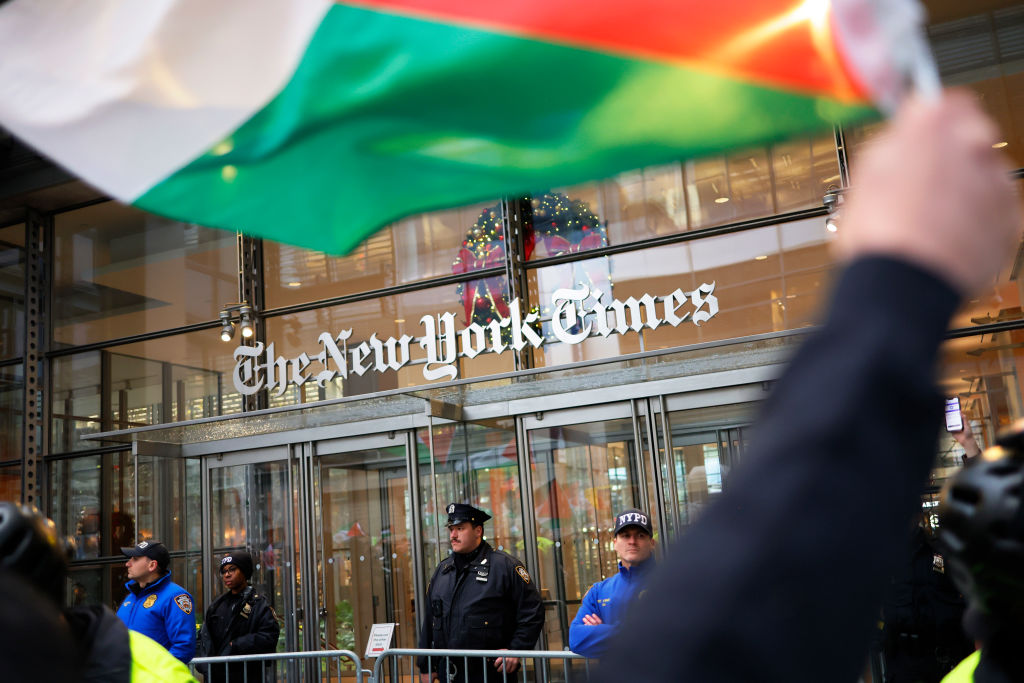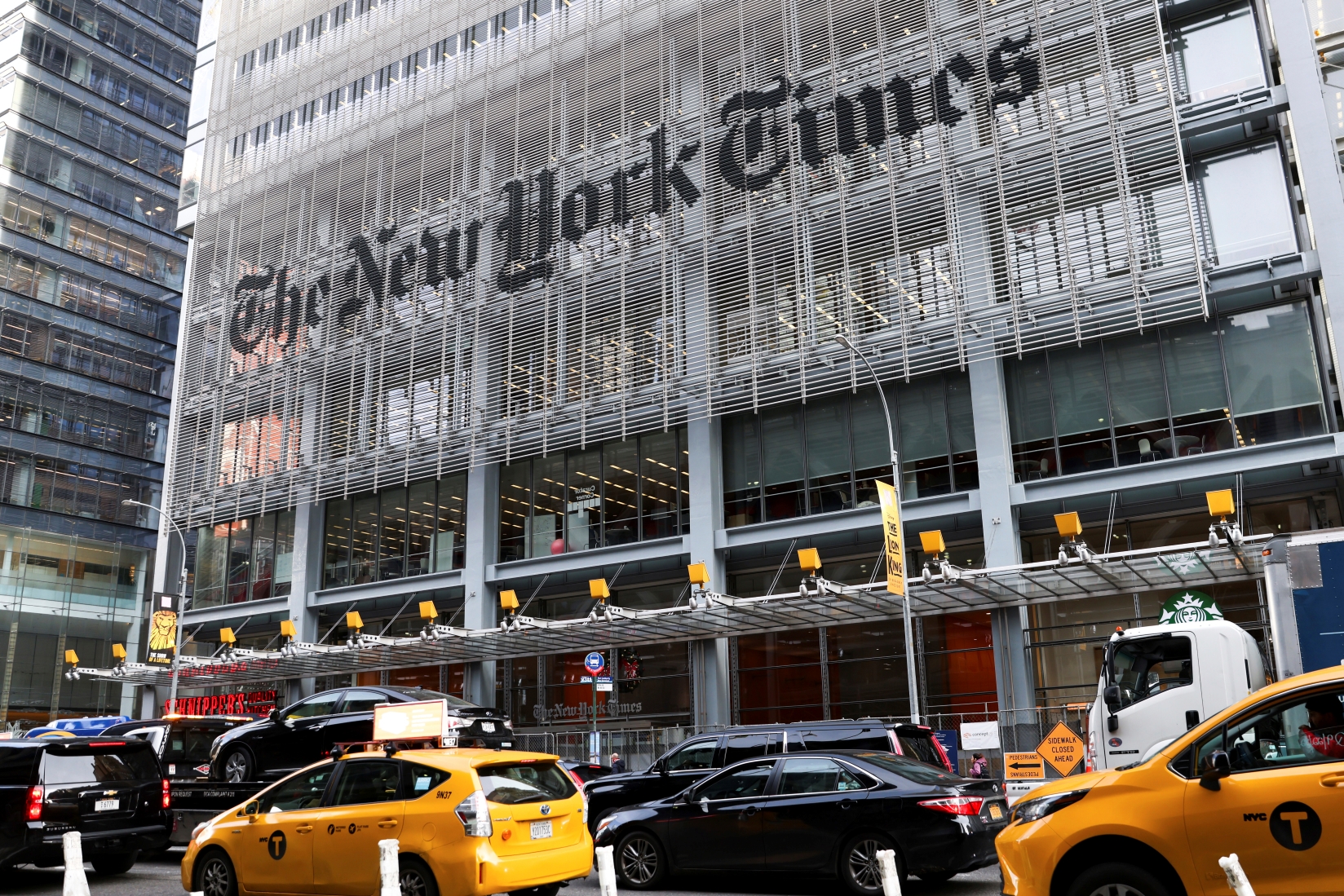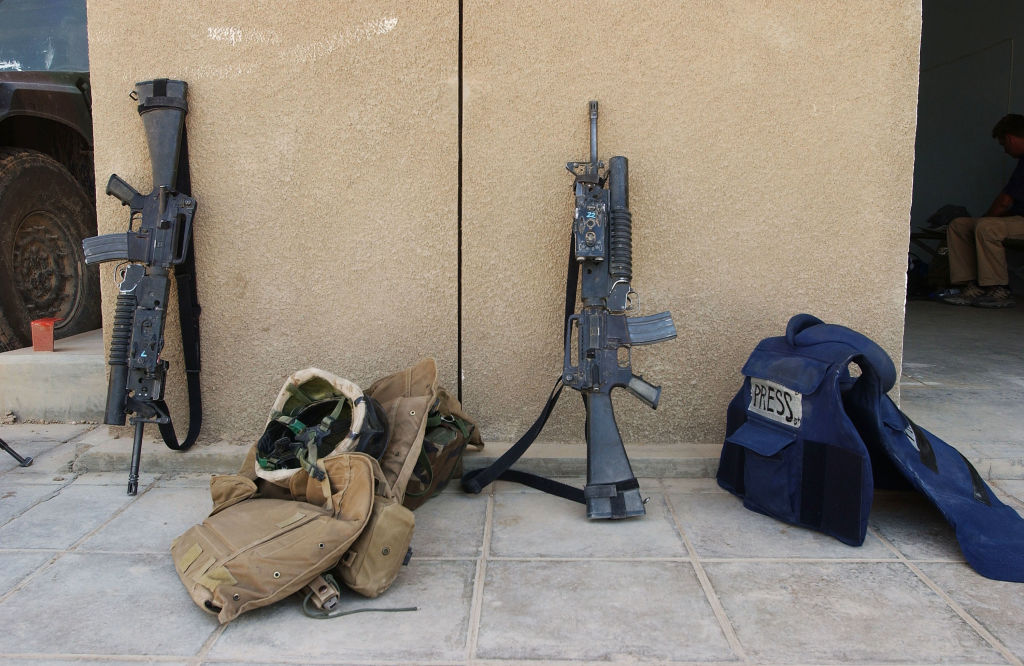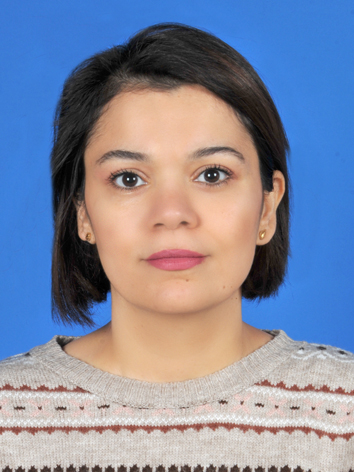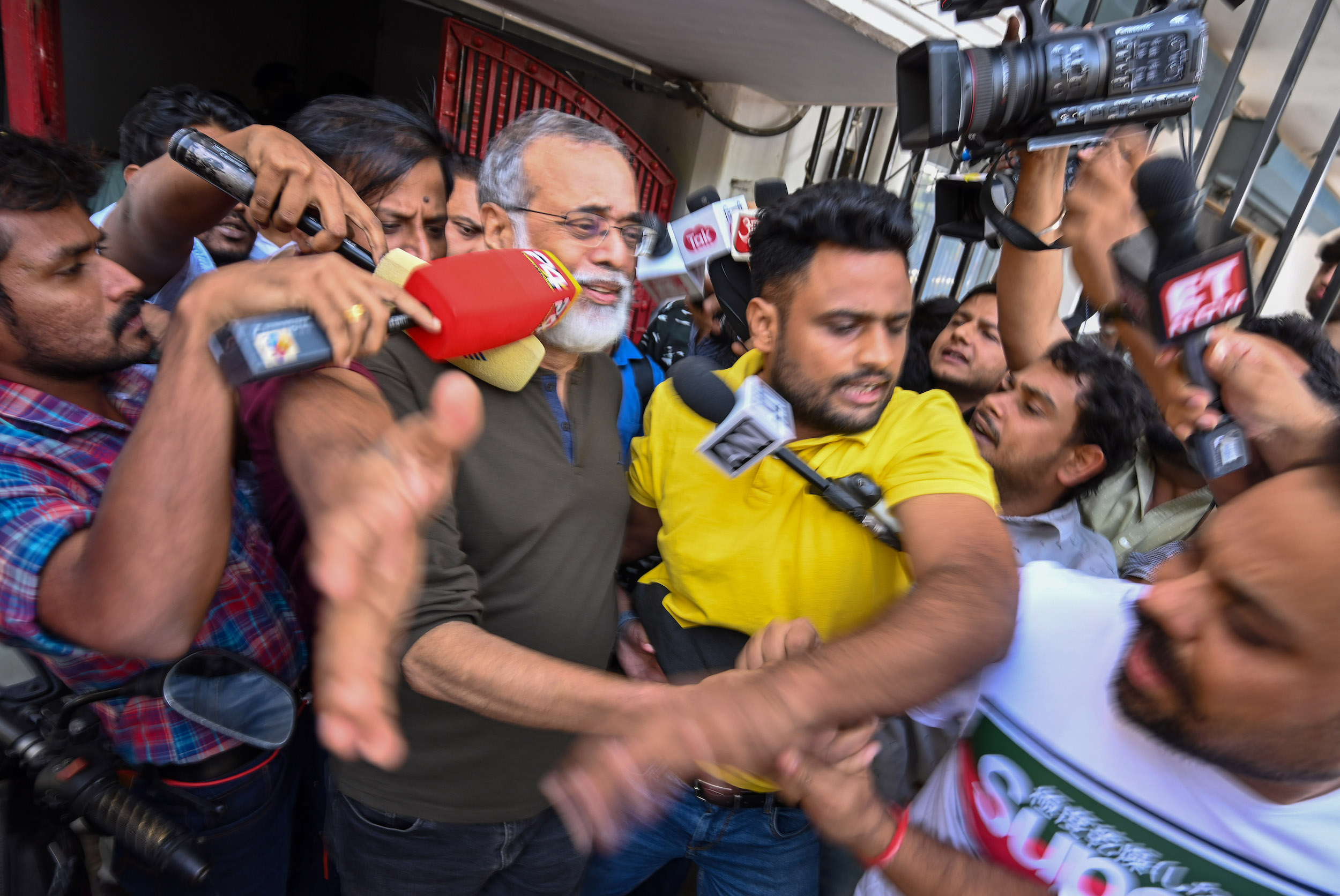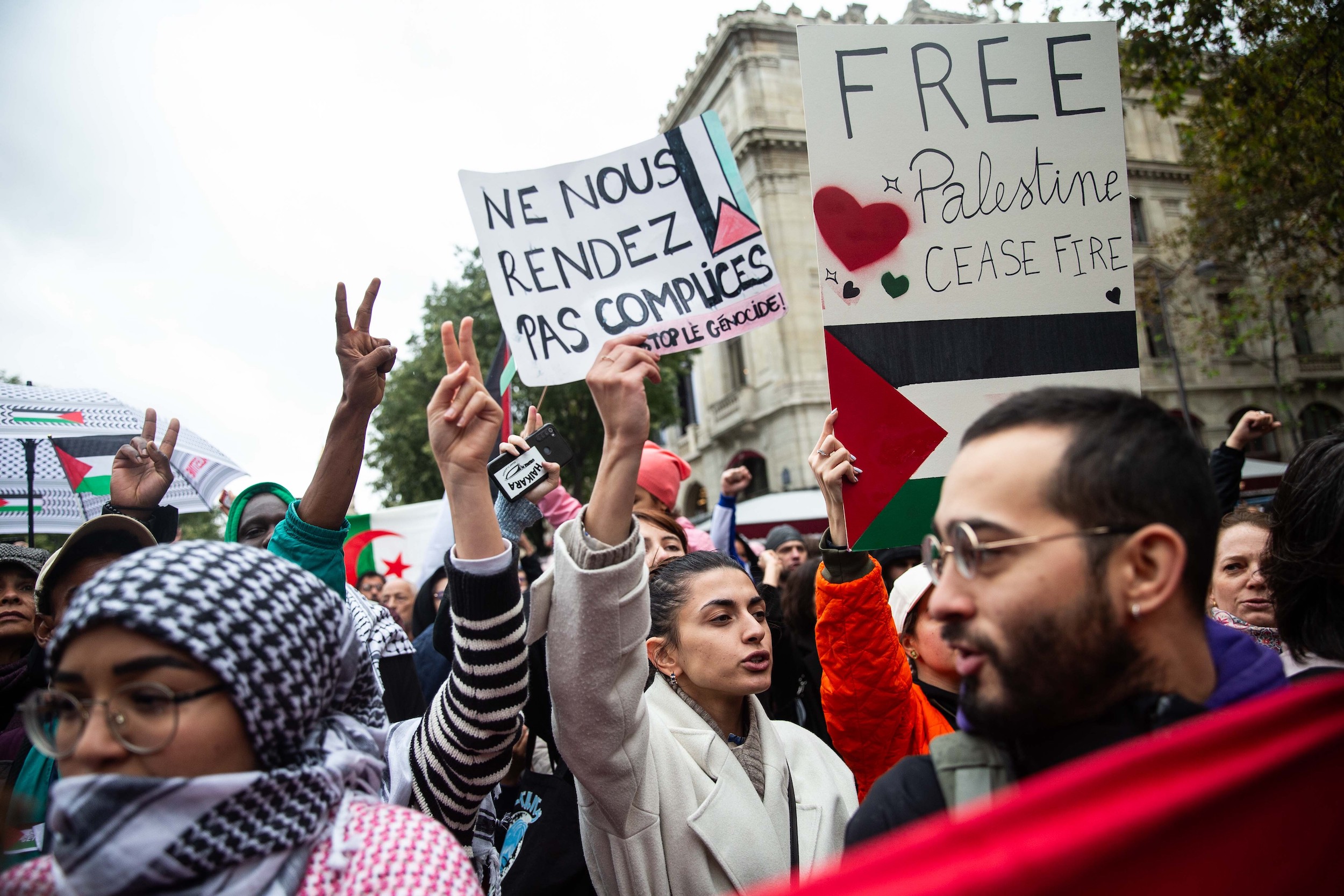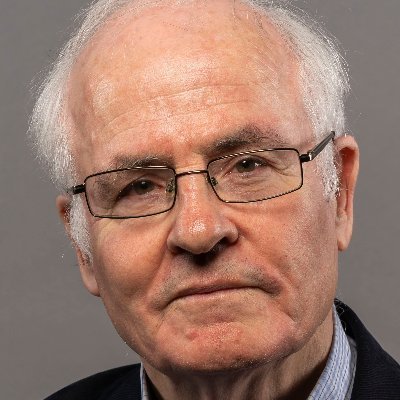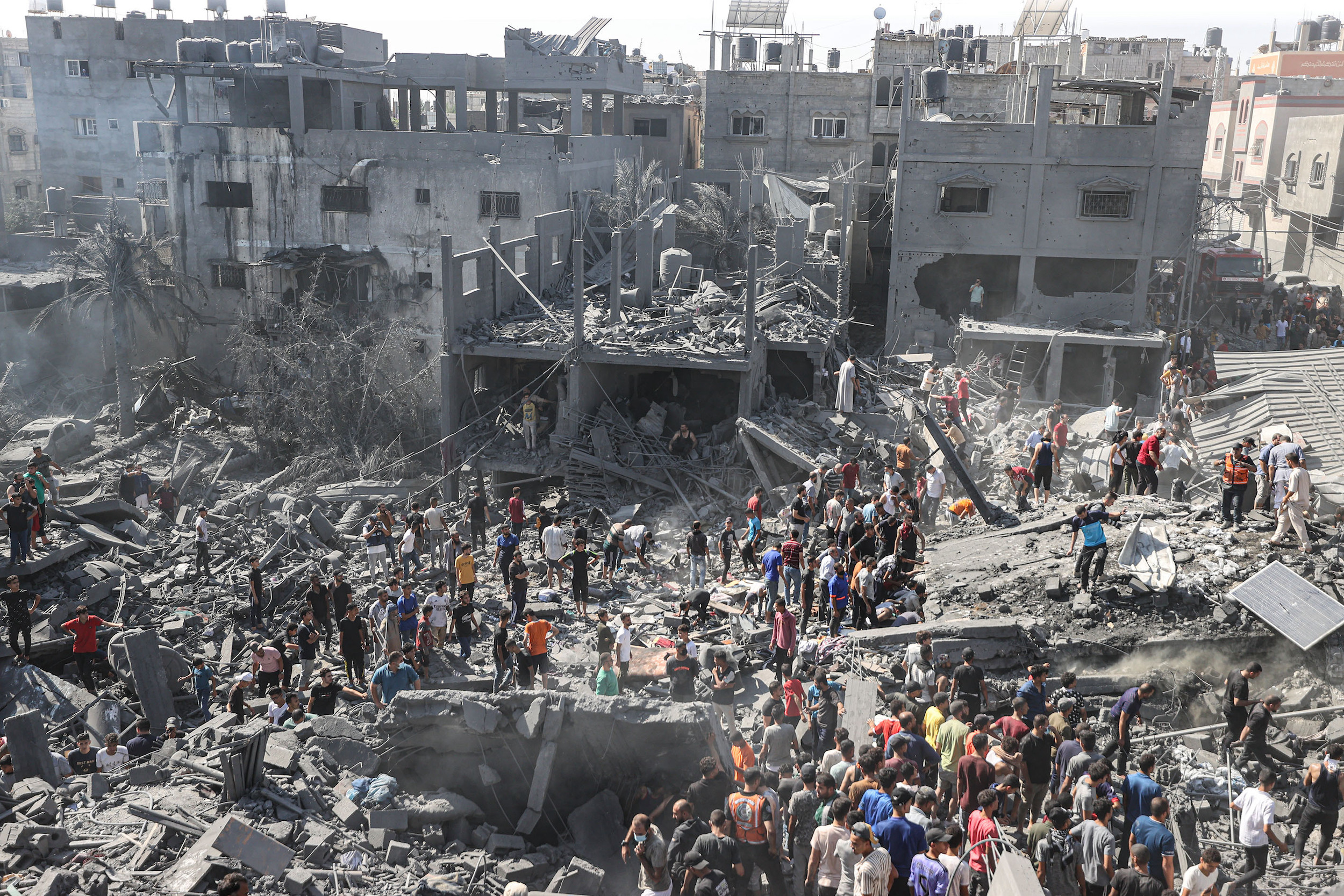بالرغم من أن النقاش حول ما إذا كان يجدر بالباحث عن تعلم الصحافة أن يأخذ مساقًا جامعيًا هو نقاش قديم العهد باعتبارها مهنة لا فنًا ولا علمًا، إلا أنه لا يزال يطرق الأبواب منذ أكثر من قرن ونصف حاملًا إشكاليات جديدة. فالثورة الرقمية غيرت ملامح المهنة في أواخر القرن العشرين وأجبرت كليات تدريس الصحافة في العالم على إعادة النظر في مناهجها الدراسية ومواصفات أساتذتها. واليوم مع تسارع تطور السوق وتزايد المهارات التي بات على الصحفي امتلاكها، فإن الكثير من الكليات وجدت نفسها أمام أزمة في ظل شح الموارد المالية وضيق والوقت والقدرات التقنية لتحقيق ذلك، بالأخص في مرحلة الإجازة. فالعلاقة اللحظية التي تربط الطالب بالجامعة لم تعد تسمح بحمايته من المفاهيم الجديدة التي يواجهها في سوق العمل. أعطى ذلك فرصة لمراكز التدريب غير الأكاديمية أن تحل محل التعليم الرسمي لتغطية جزء من المهارات التطبيقية المطلوبة. هل يستطيع الصحفي التخلي عن التعليم الأكاديمي؟ وكيف يمكن بالمجمل وصف العلاقة ما بين هوية الصحفي والتعليم الأكاديمي في عصر الرقمنة؟
ولد الاهتمام المتزايد بالمهارات المعلوماتية وقوالب النشر متعددة الوسائط صرخة العديد من الأكاديميين الذين حذروا من تحوّل التعليم الأكاديمي إلى إبن بار لكبرى الشركات الإعلامية.
مناهج التعليم ما بعد عصر الرقمنة
لا يمكن لدراسة العلاقة ما بين الأكاديميا والسوق أن تحصل على شرعيتها ما لم يتم وضعها في سياق زماني ومكاني. فالأولى وإن تأخرت عن تلبية حاجة سوق العمل في عدة بلدان لاعتبارات كثيرة منها تأخر التحول إلى الرقمنة في العالم العربي، إلا أنه لا يمكن القول إنها لم تسر بالتوازي معه في سياقات أخرى. فالثورة الرقمية لم تكن لتستمر لولا وجود أبحاث تضمن نجاحها. في العالم العربي كما عدة بلدان، شكلت الرقمنة تحديًا كبيرًا لمطوري المناهج الدراسية "الذين لم يتعين عليهم فقط اختيار المحتوى الأكثر صلة في مواجهة الموارد المحدودة، بل تعين عليهم كذلك مواكبة سرعة التحول الرقمي وتوقع التطورات متوسطة الأجل لتلبية متطلبات سوق العمل" (1) بحسب جون ماركوس محرر التعليم العالي في جامعة كولومبيا.
في المقابل، ولد الاهتمام المتزايد بالمهارات المعلوماتية وقوالب النشر متعددة الوسائط صرخة العديد من الأكاديميين الذين حذروا من تحوّل التعليم الأكاديمي إلى إبن بار لكبرى الشركات الإعلامية. إذ لا تزال معظم برامج تعليم الصحافة تعد طلابها للعمل لدى المؤسسات الإخبارية القائمة ولا تقدم لهم التدريب الكافي في ريادة الأعمال والصحافة المستقلة. التعارض في الرؤية حول ما يجب أن يكون تعليم الصحافة وما هو عليه فعلًا، بالإضافة إلى عدم قدرته على تغطية كافة النواحي التقنية التي يطلبها السوق أعطى مشروعية للسؤال حول الدور الذي تلعبه الأكاديميا في تشكيل هوية الصحفي المتخصص ما بعد عصر الرقمنة.
وإذا ما كان الجانب المعلوماتي التقني يدمج في بعض المناهج، وهو جانب تستطيع أن تقدمه المراكز غير الأكاديمية، وقد أثبت جزء منها ريادته ونجاحه فيه (تقرير منظمة الأونيسكو للبحث عن مراكز تعليم صحافي مميز في أفريقيا سنة 2006)، لا يستبعد بعض الناقدين أن تكون مراكز التدريب "بديلًا" عن الأكاديميا.
في كتاب نشره مجموعة من الأساتذة الأكاديميين بعنوان "نحو سنة 2020: الاتجاهات الجديدة في تدريس الصحافة" يؤكد عدد من الكتّاب على تدني قيمة التعليم الأكاديمي بصورته الحالية. فتعليم الصحافة الجديد لا يشمل تثقيف الصحفيين وتعزيز الفكر النقدي لديهم، وفهم دور الصحافة في الديمقراطية، وأهمية الموضوعية في العمل الصحفي. يقول روبرت جي بيكارد مدير الأبحاث في معهد رويترز لدراسة الصحافة في قسم السياسة والعلاقات الدولية في جامعة أكسفورد في الكتاب نفسه إنه "يجب أن يجد تعليم الصحافة طرقه لتوفير جودة أكبر وقيمة أعلى لتعليم الصحافة، وإذا لم يحدث ذلك فلا يوجد سبب لاستمراره، فمعظم خدماته ستقدم عبر الإنترنت في دورات تدريبية صحفية أكثر ملاءمة للمهنة" (2). ولربما يكون تبني بيكارد التيار الرافض لتدريس الصحافة في الجامعات سببًا في رأيه المتشائم تجاه مصير التعليم الأكاديمي فيها.
في كتاب نشره مجموعة من الأساتذة الأكاديميين بعنوان "نحو سنة 2020: الاتجاهات الجديدة في تدريس الصحافة" يؤكد عدد من الكتّاب على تدني قيمة التعليم الأكاديمي بصورته الحالية. فتعليم الصحافة الجديد لا يشمل تثقيف الصحفيين وتعزيز الفكر النقدي لديهم، وفهم دور الصحافة في الديمقراطية، وأهمية الموضوعية في العمل الصحفي.
الأكاديميا في مواجهة مراكز التدريب
لم يعد التعليم الأكاديمي الوحيد الذي يقدم التدريب الصحفي، لكن هل يمكن القول إنه لم يعد أساسيًا؟ فعلى حد تعبير مارك ديوز، أستاذ الدراسات الإعلامية في جامعة أمستردام "يتجه العالم نحو نظام يقدم فيه التعليم الصحفي بالتشارك ما بين الجامعات ومراكز التدريب المستقلة" (3). ومع أن مراكز التدريب تقدم نفسها كإحدى الحلول لتقليل الفجوة ما بين الأكاديميا والسوق، إلا أنها طرحت مشاكل جديدة تحتم السؤال عن مشروعية هذه المراكز، ومنهجيتها في تصميم مقرراتها، وتشخيصها لحاجة السوق وحاجة المتدرب، فضلًا عن كونها في بعض البلدان العربية (مثل لبنان) تقدم من قبل جمعيات غير حكومية بالتعاون مع مؤسسات إعلامية كبرى قد لا تأخذ بعين الاعتبار مدى نجاح المؤسسات التي يعمل المتدرب فيها بالتحول إلى الرقمنة. "الدورة التي تنظم ليوم أو يومين لن تصنع منك خبيرًا في المفهوم الجديد الذي تتلقاه"، تقول الصحفية إيلده غصين، فالتعليم الأكاديمي "لم يكن أبدًا المحطة النهائية للتعليم الصحفي، كما أن دورات التدريب لن تكون كذلك بالتأكيد بسبب طبيعة السوق التي تفرض المتغيرات السريعة".
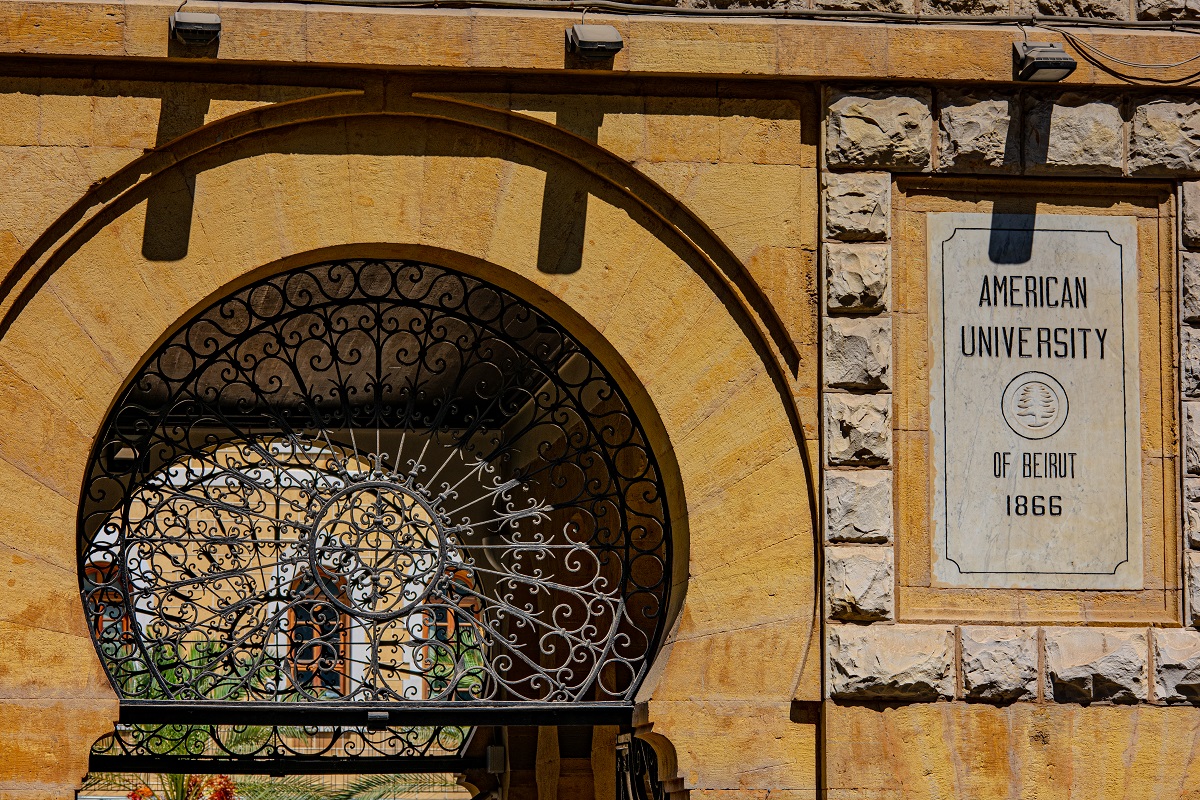
وبحسب تجربة غصين المهنية التي انتقلت من الصحافة التقليدية إلى الرقمية دون خلفية أكاديمية حول الإعلام الرقمي فإن الدورات مهمة لكن "وجود قدرة عند الصحفي ودافع ذاتي لتحصيل التعليم المستدام من كافة الجهات هو السبب الأساسي وراء مواكبته".
في مقابلة مع معاون عميد كلية الإعلام والفنون ورئيس قسم الصحافة في جامعة المعارف الدكتور حاتم الزين، يعتقد أن الثورة الرقمية أعادت إلى الأكاديميا خصوصيتها "ذلك أنه لم يعد بإمكان أي شخص ادعاء أنه صحفي من دون أن يكون مجازًا بشهادة ذات جودة يكتسب من خلالها المعارف والمهارات اللازمة". يؤكد الزين على وجود مراكز تدريب ومعاهد تعطي جودة تعليم ممتازة، لكن في المقابل هناك الكثير من المراكز التي اعتلت الموجة بهدف التجارة. "لا يمكن القول إن التعليم الأكاديمي وحده كاف فهو تنقصه التجربة المهنية والقدرة على ملاحقة تطور السوق، وهذا ما يفسر سعي كليات تدريس الصحافة لإدخال مقررات تدريب مؤسساتي في مناهجها" يقول الزين، لكن أيًا من ذلك لن يؤتي ثماره "ما لم يكن الصحفي شغوفًا بعمله". فالعلاقة اللحظية التي يبينها طالب الصحافة مع الجامعة قد لا تحميه من المفاهيم الجديدة في السوق بعد مرحلة التخرج، "لكن دور كليات الصحافة المسؤولة هي أن تعطي الطالب القدرة على تعليم نفسه بنفسه". يستبعد الزين أن تتحول الدورات إلى بديل عن التعليم الأكاديمي، إذ إن الأول تشوبه ثغرات عدة، أولها أنه يقدم إطارا ضيقا عن ممارسات المهنة، ولا يستطيع إعطاء فلسفتها، كما أن اختيار المقررات أو الورش يمكن أن يتم بشكل عشوائي، فالمتدرب ينقصه التوجيه، فضلًا عن كون العديد من مراكز التدريب "محمية بالمال لا العلم".
يؤكد الزين على وجود مراكز تدريب ومعاهد تعطي جودة تعليم ممتازة، لكن في المقابل هناك الكثير من المراكز التي اعتلت الموجة بهدف التجارة.
لا تزال محاولة تضييق المسافة ما بين التعليم الأكاديمي والسوق في الصحافة الشغل الشاغل لعدة باحثين منذ عام 1980، فالأسئلة كثيرة حول طبيعة المحتوى الذي يجدر على الجامعات أن تقدمه، ناهيك عن معايير اختيار الأساتذة، والمنصات الأنفع للتدريس، وفوائد التدريب المؤسساتي وغيرها من العناوين. يحصر الباحثان فيغلاس وبراتاس ست خانات للمهارات المعلوماتية-التواصلية التي يجدرعلى الجامعات أخذها بعين الاعتبار عند وضع مناهجها الدراسية الحديثة وهي: "المهارات التقليدية للصحافة، مهارات النشر على الويب، ومهارات الويب 2.0، مهارات البث عبر الإنترنت، مهارات صحافة البيانات، ومهارات الويب 3.0 " (4).
منصة سكيل آرابيا: نسعى لسد الثغرة
في 6 سبتمبر/أيلول 2023 أطلقت منصة "سكيل آرابيا" تحت عدة شعارات أحدها أن "التعليم في العالم العربي لن يرجع كالسابق". في مقابلة مع المدير التنفيذي للمشروع أحمد عوض، قال رائد الأعمال اللبناني إن الهدف من هذا المشروع هو سد الثغرة الموجودة ما بين الأكاديميا وسوق العمل في العالم العربي. فالتعليم الأكاديمي بحسبه مقيد بكثير من الاعتبارات القانونية والمالية، لذلك فإنها بحاجة إلى مساعدة. يؤكد عوض أن "سكيل آرابيا" ليست مركز تدريب منفصل، كما أنها ليست بديلًا عن التعليم الأكاديمي "ولن تكون كذلك "، فالدور الذي تلعبه الجامعة في حياة الفرد "لا يستطيع أي مركز تدريبي تعويضه لأنه لا ينحصر بتقديم المعلومات، بل يتعدى إلى كون الجامعة هي إحدى موارد رأس المال الاجتماعي للفرد، فضلًا عن أنها المركز الذي ينمي فيه الطالب حس المسؤولية تجاه الآخر "وهذا من الأمور التي تشكل جوهر بعض الاختصاصات كالصحافة مثلًا. وعن طريقة عمل المنصة، يقول عوض إنها ستتجه للتعاون مع الكليات حتى تصبح جزءا منها "من خلال تشريعات قانونية تثبت مصداقيتها في كل بلد عربي".
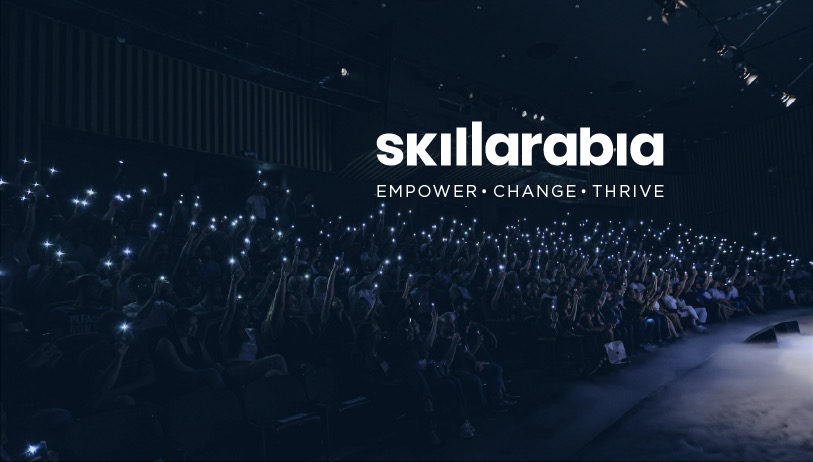
ما بين ضرورة مواكبة السوق من جهة، والحرص على الحفاظ على قيمة التعليم والصحافة المستقلة من جهة أخرى في ظل الموارد المحدودة، يجد التعليم الأكاديمي نفسه ما بعد الثورة الرقمية في مأزق يعززه أن البعض يتوقع منه الكثير. لقد وصلنا إلى مرحلة في المجال الإعلامي ربما لا يستطيع فيها أي مركز أكاديمي أو غير أكاديمي حماية الصحفيمن المفاهيم الجديدة التي ستستمر في الظهور والتبلور بعد أن ينهي الطالب المقرر أو الورشة. لكن ذلك لا يعني أن التعليم الأكاديمي لا يستطيع أن يسهل على الصحفي الطريق عبر تربيته إعلاميًا وإعطائه قدرة أن يعلم نفسه بنفسه ويختار بمسؤولية المكان الأكثر مصداقية في تقديم المعلومة الجديدة. فالتعليم الأكاديمي لا يزال رغم قصوره في مواكبة كافة تطورات السوق وحتى الآن المركز الأساسي الذي يعطي فلسفة المهنة، كما المشروعية للصحفيين الذين يدعون التخصص، بالإضافة إلى أنه أحد أهم الموارد لتحصيل رأس المال الاجتماعي للفرد وهذا ما لا تقدمه مراكز التدريب، التي، على أهمية المحتوى الذي تعرضه بعضها، وعلى أهمية دورها في تعويض القصور، إلا أن التعويل الكامل عليها في سد الثغرات، أو تبني الرأي القائل بأنها بديل مستقبلي عن الأكاديميا، قد يفتح الباب للمزيد من العشوائية في تقديم المعلومات وإدعاء التخصص.
المراجع:
- Marcus, Jon. 2014. “Rewriting J-School. How journalism schools are trying to connect classrooms to newsrooms.” Nieman Reports, Spring 2014,
- Allen, G., Craft, S., Waddell, C., & Young, M. L. (Eds.). (2015). Toward 2020: New directions in journalism education. Ryerson Journalism research Center.
- Deuze M. (2008). Journalism education in an era of globalization. In Löffelholz M., Weaver D. (Eds.), Global journalism research: Theories, methods, findings, future (pp. 267–281). Blackwell Publishing.
- Veglis, A., & Bratsas, C. (2017). Reporters in the age of data journalism. Journal of applied journalism & media studies, 6(2), 225-244.

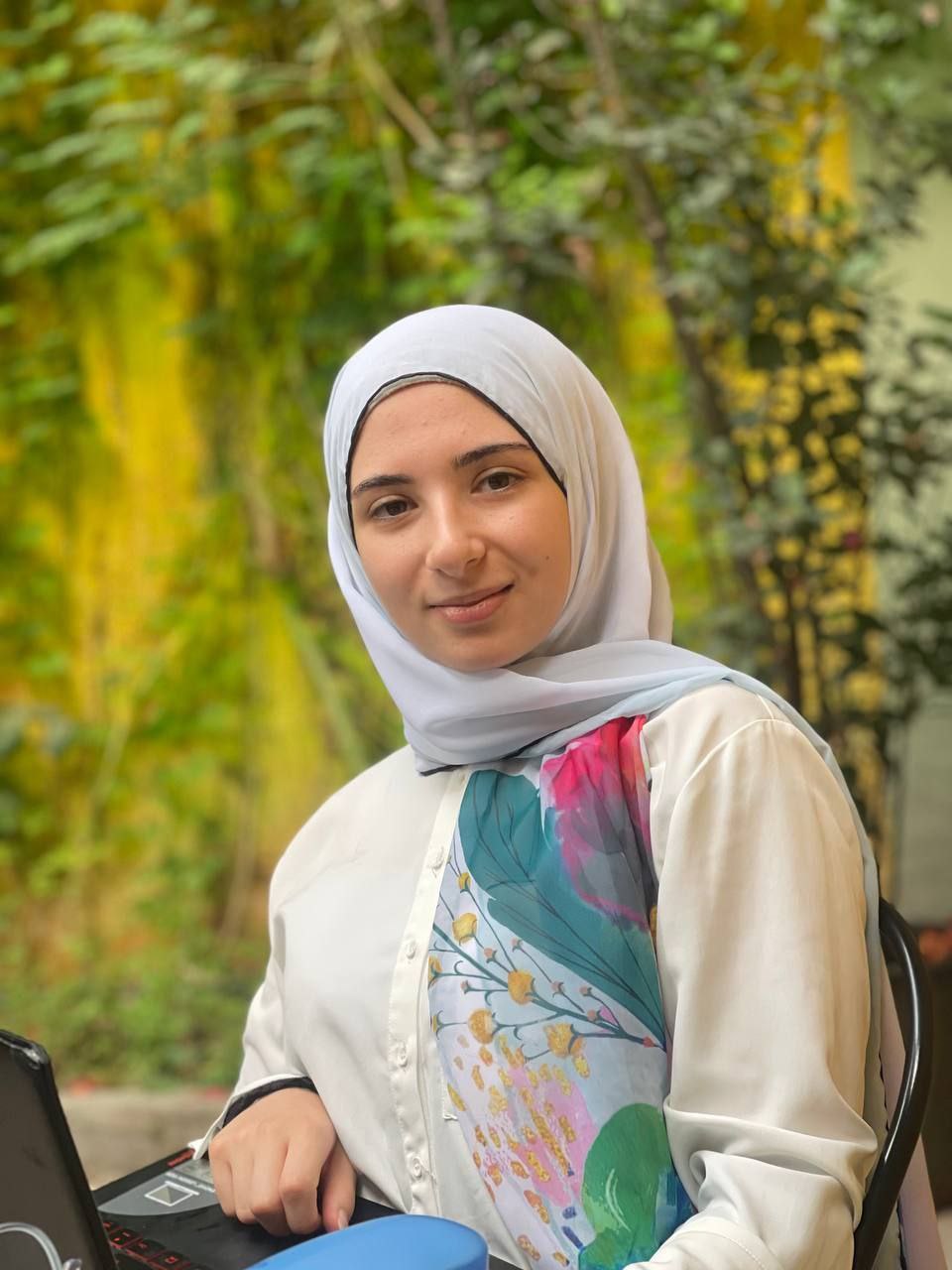


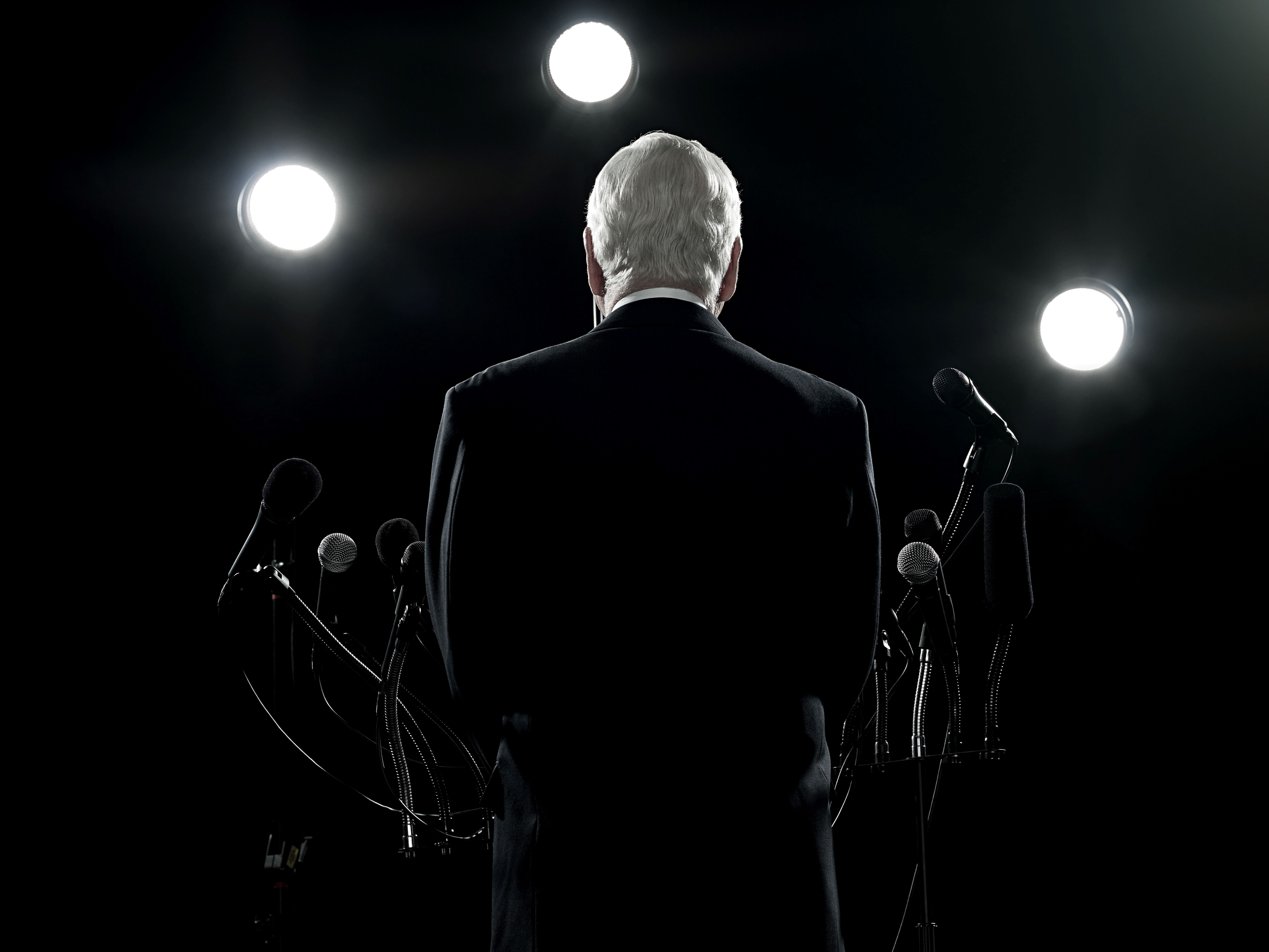



















![A demonstration against Israel's war on Gaza on Paulista Avenue in São Paulo on November 4, 2023, draws attention to the deaths of children while the media focuses on the war against terrorists. [Photo: Lina Bakr]](/sites/default/files/ajr/2024/Picture1.png)

